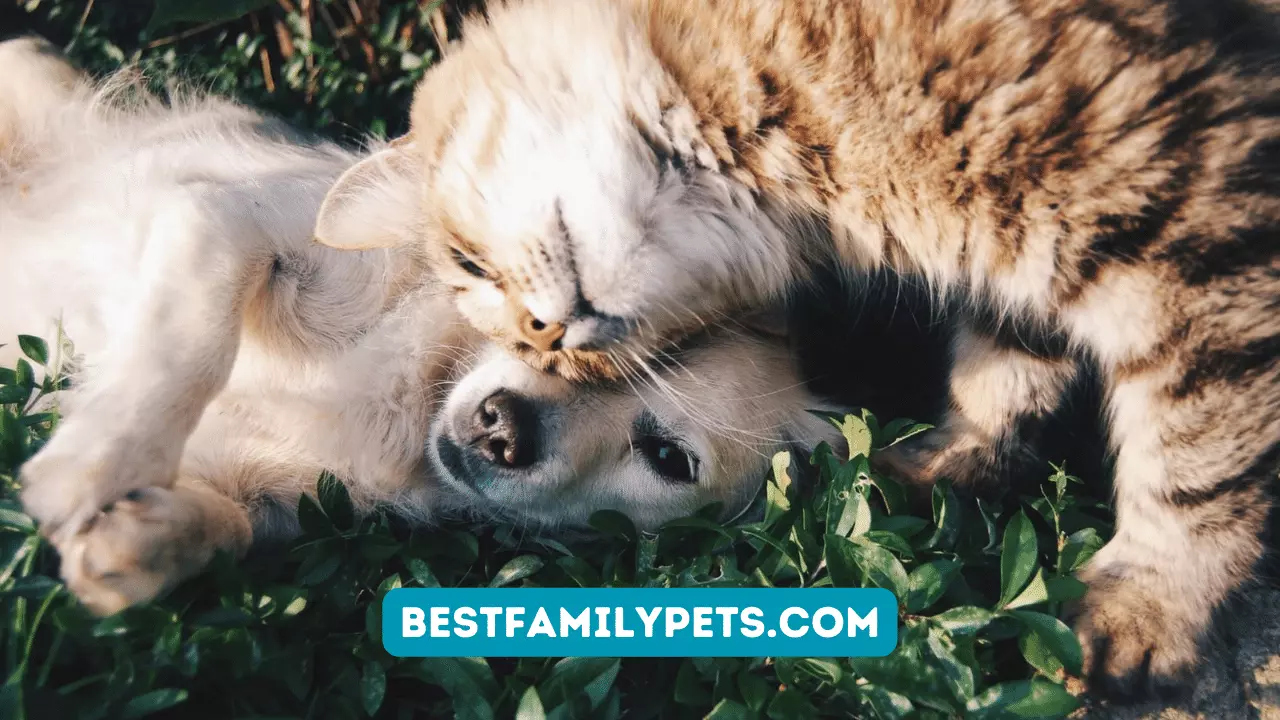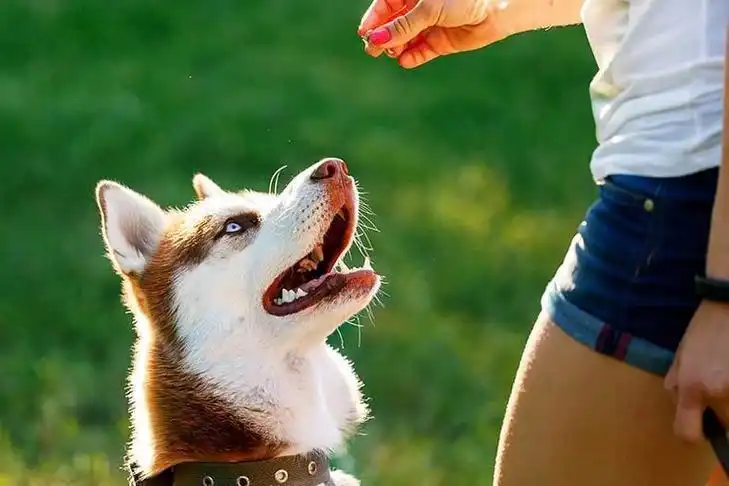15 Tips for the Care of Diabetic Dogs and Cats
Ensure a happy and healthy life for your diabetic pet with these 15 expert tips for their care. Learn about diet, medication, and more.
Diabetes is a disease that can also affect our pets, and therefore we must know how to establish guidelines for their care.
The diabetes is a disease that is fairly common among our pets. As long as it is caught on time and the proper treatment and habits are put in place, it does not have to pose a risk to the life of the animal, but the diabetic dog or cat does need specific care, especially regarding diet and day to day.
Early detection is essential to ensure the good health of the animal. Diabetes occurs because the body is unable to produce insulin or to use it; that is why in this second case diabetes usually appears together with obesity or overweight. The first symptoms, in addition to this, tend to be that the animal urinates more frequently than usual, loses a lot of weight drastically and quickly, and also drinks more water and eats with greater anxiety than usual. These first signs can help us know when it is time to take the animal to the veterinarian.
After the diagnosis, the expert will prescribe the treatment and the steps to follow for the application of insulin, as well as the changes that we must make in the diet and habits of the dog or cat. We must be aware that insulin treatment will be for life, as well as periodic blood and urine tests.
However, it is true that each animal, depending on its characteristics, will have specific insulin needs. That is why it is so important to follow the instructions of the veterinarian to the letter. The application of insulin is not something that should be taken lightly, just like in humans.
We also need to be aware that he will need our attention constantly. In most cases, diabetes is detected quickly and is kept at bay with treatment, but in some cases when it is diagnosed late, blindness and sporadic seizures may appear.
Finally, to avoid this (although sometimes, however much we do, it is inevitable), prevention is key eliminate sugars from your pet’s diet, provide a quality diet and physical activity according to your needs.
1. Reduction of your weight
In case your weight is within normal, we should only control that it does not get fat. However, if you are overweight (something that may be associated with diabetes), we will have to reduce it through diet and new habits.
2. A special diet
The first thing to do is to consult with the veterinarian if your usual feed is valid now that diabetes has been diagnosed. We will also have to control your rations and moderate the prizes we give you.
3. Lots of fiber
Foods rich in fiber help both control overweight and balance the amounts of insulin present in the body of our pet.
4. Decrease in carbohydrates
Although as we say, it is recommended to greatly reduce the percentage of carbohydrates in the diet, never eliminate them completely.
5. Necessary balance
In this sense, we must be careful because many of the foods rich in fiber, such as rice, soybeans and cereals, can cause discomfort to the stomach of the animal.
6. Information and awareness
It is very important to inform us about the composition of the food we give you and make sure that none is harmful to our pet, as well as find an adequate balance.
7. Composition of food
Also make sure that the feed on which your pet’s diet is based does not contain artificial colors, lots of salt or sugars. Some feeds are introduced to reduce costs.
8. Necessary vitamins
There are some nutrients, minerals and vitamins that will contribute to the improvement of the quality of life of your dog or diabetic cat. Among them are vitamins C, E and B6. Especially they are especially recommended for the dog.
9. Prohibited sugars
If sweets are already prohibited for pets, in cases of animals with diabetes we must take special care and always leave them out of reach, especially when we are not at home.
10. Moderation in meals
Instead of giving a single serving of food a day, repeat it several times (ideally twice). You will feel more satiated and keep the digestive system active.
11. Precautions
We should also avoid some fruits that are not harmful in principle but that their sugar level is too much for an animal with diabetes, such as banana or melon.
12. Increased physical activity
In the case of dogs, we can do it with more frequent walks and with swimming; In the case of cats, try to put more stimuli and games at home. A scraper at different heights, for example, may be a good idea. Of course, do not go over; An excess of physical activity can also be counterproductive.
13. Be careful with insulin
A bad application can be lethal. In addition, each animal will need insulin quantities according to their characteristics. Follow the veterinarian’s instructions step by step.
14. Periodic checks
Even if your cat or dog is stable, do not neglect visits to the veterinarian at any time. Periodic glucose checks and vision checks are essential to track your condition.
15. Sterilization, a good idea
It is usually recommended to sterilize animals with diabetes to avoid possible aggravations that can lead to hormonal changes.
-

Protect Your Pet: The Rewards of Deworming Your Dog
-



Keep Your Garden Safe: A Pet Parent’s Guide to Pigeon Spikes
-



How to Clean and Deodorise Pet Beds
-


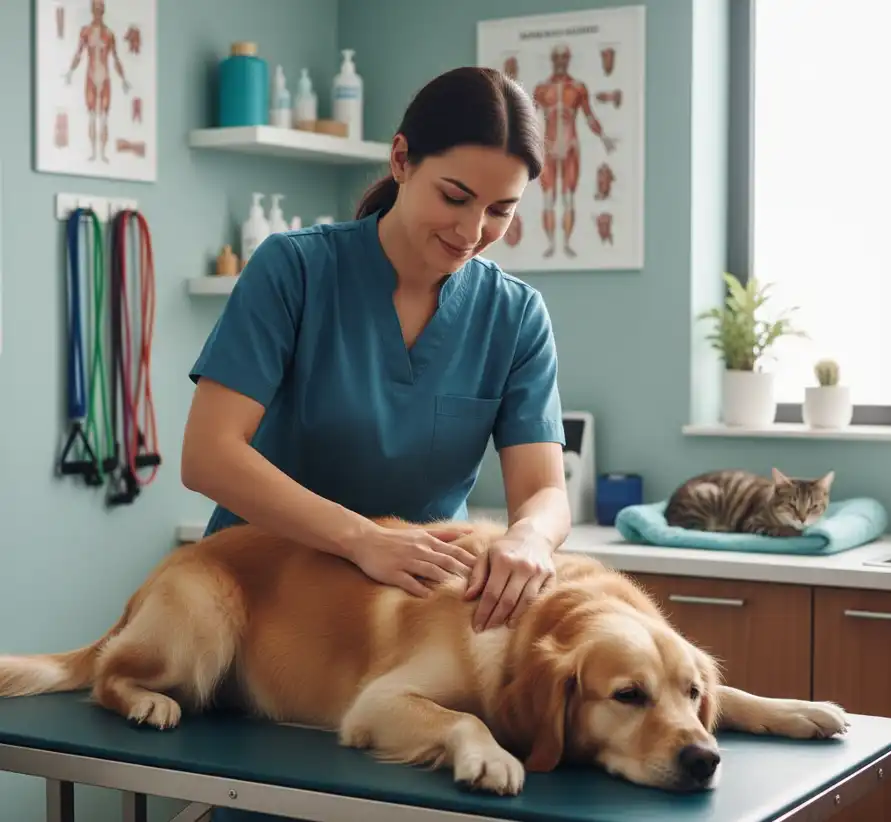
How Adding Medical Massage Can Expand a Veterinary Practice
-



When to Call Your Landlord for Repairs
-



Are Exotic Pets Safe for Families? A Practical Guide for Curious Households
-



How Building Inspections Ensure Pet-Friendly Homes
-



How to Start a Pet Blog: Choosing the Right Web Hosting
-



15 Celebrities Who Absolutely Adore Their Dogs
-



Personality Traits of Popular Cat Breeds: Which Cat Breed Best Matches Your Lifestyle?
-


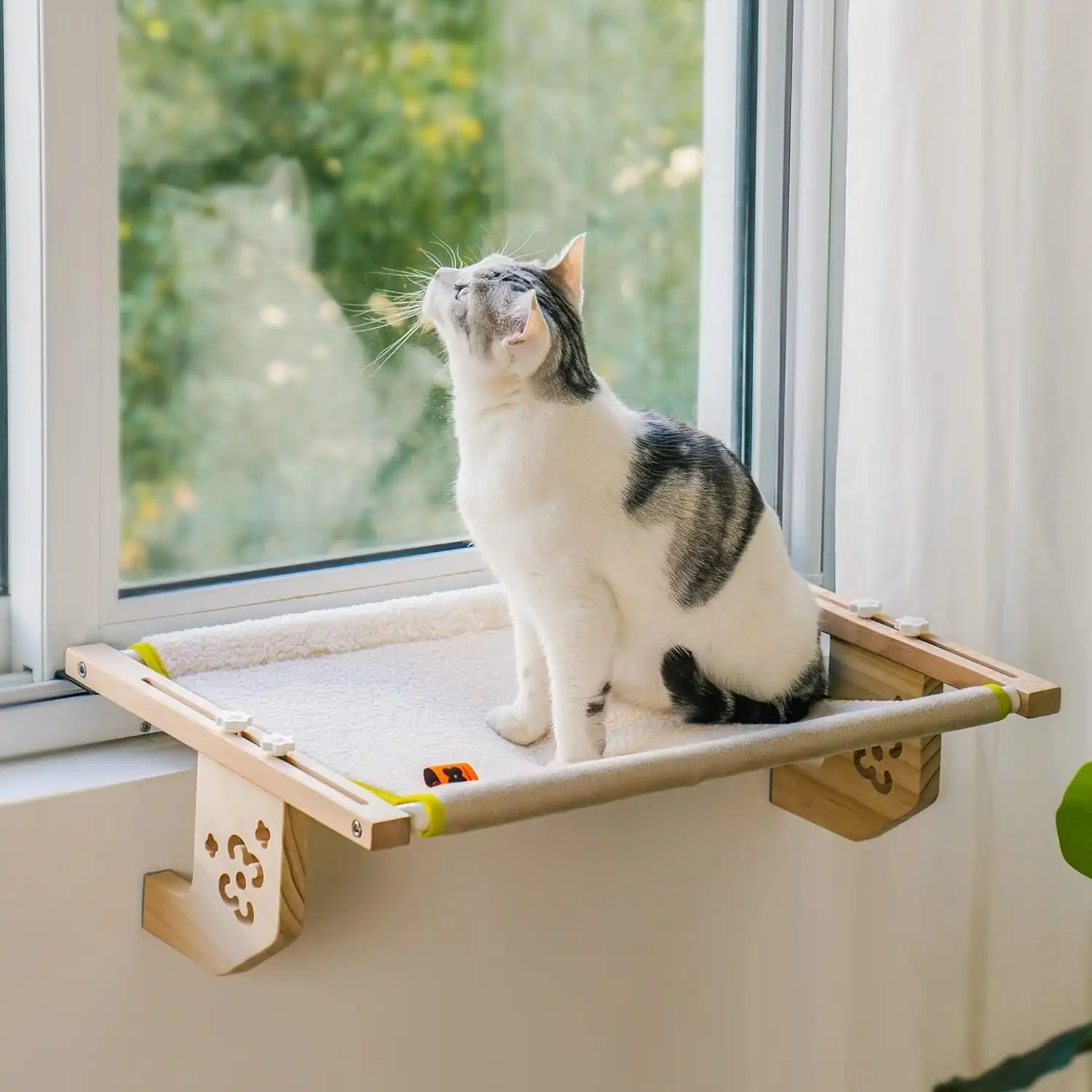
MEWOOFUN Sturdy Cat Window Perch Review: A Cozy Spot for Your Feline
-



Successful Pet Businesses With Dr. Tom Harty’s Coaching
-


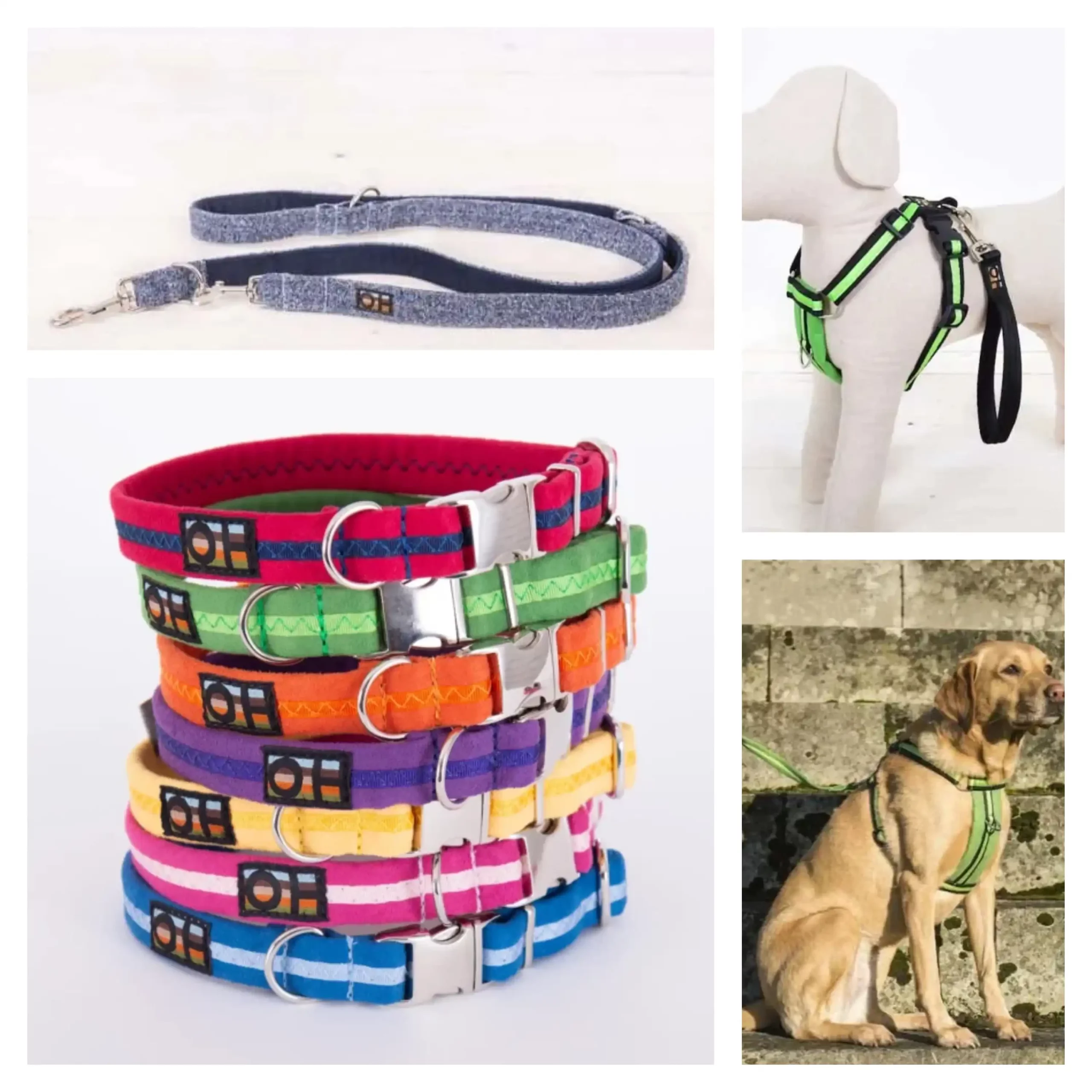
Oscar & Hooch Luxury Dog Accessories for Your Stylish Dogs
-


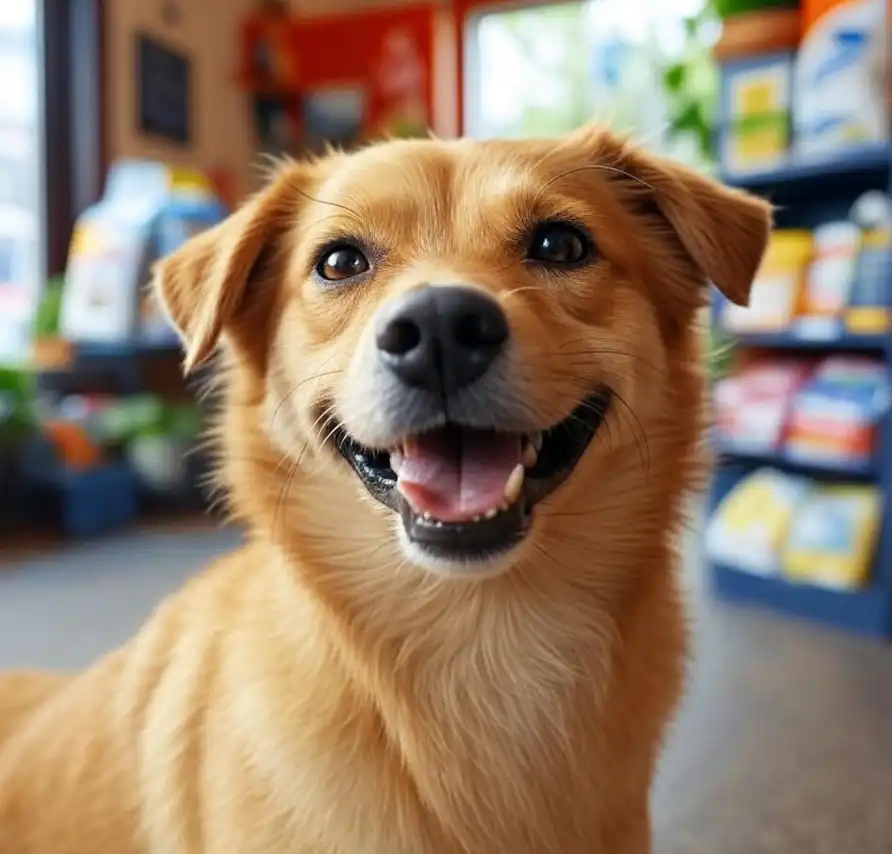
Link in Bio Strategy for Pet Businesses
-



Purr-fectly Delicious: A Review of Astkatta Iceland Canned Cat Food and Feast Cat Wet Food
-


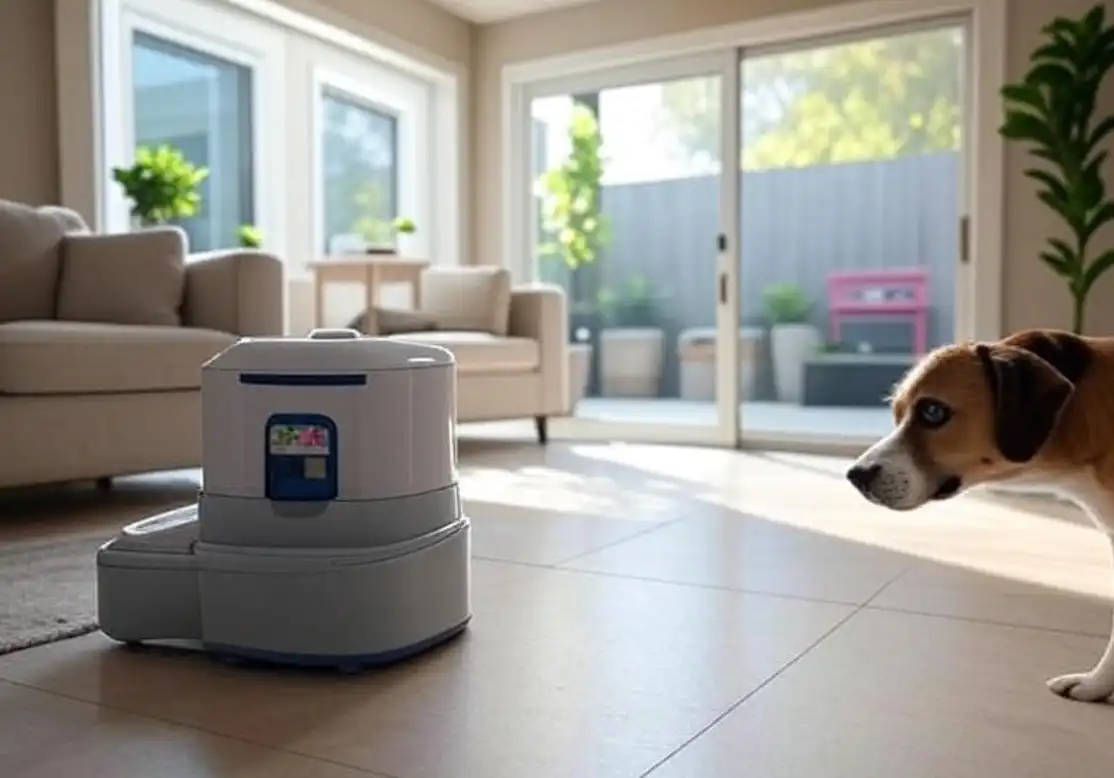
Pet-Friendly Property Maintenance Tips
-



Using Pets in Children’s Counseling: A Guide for Parents
-



Moving with Pets: Real Estate Tips for a Smooth Transition

